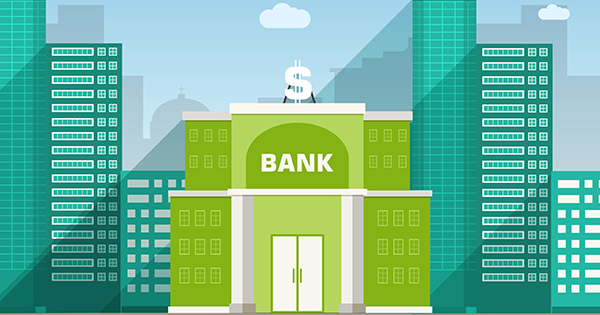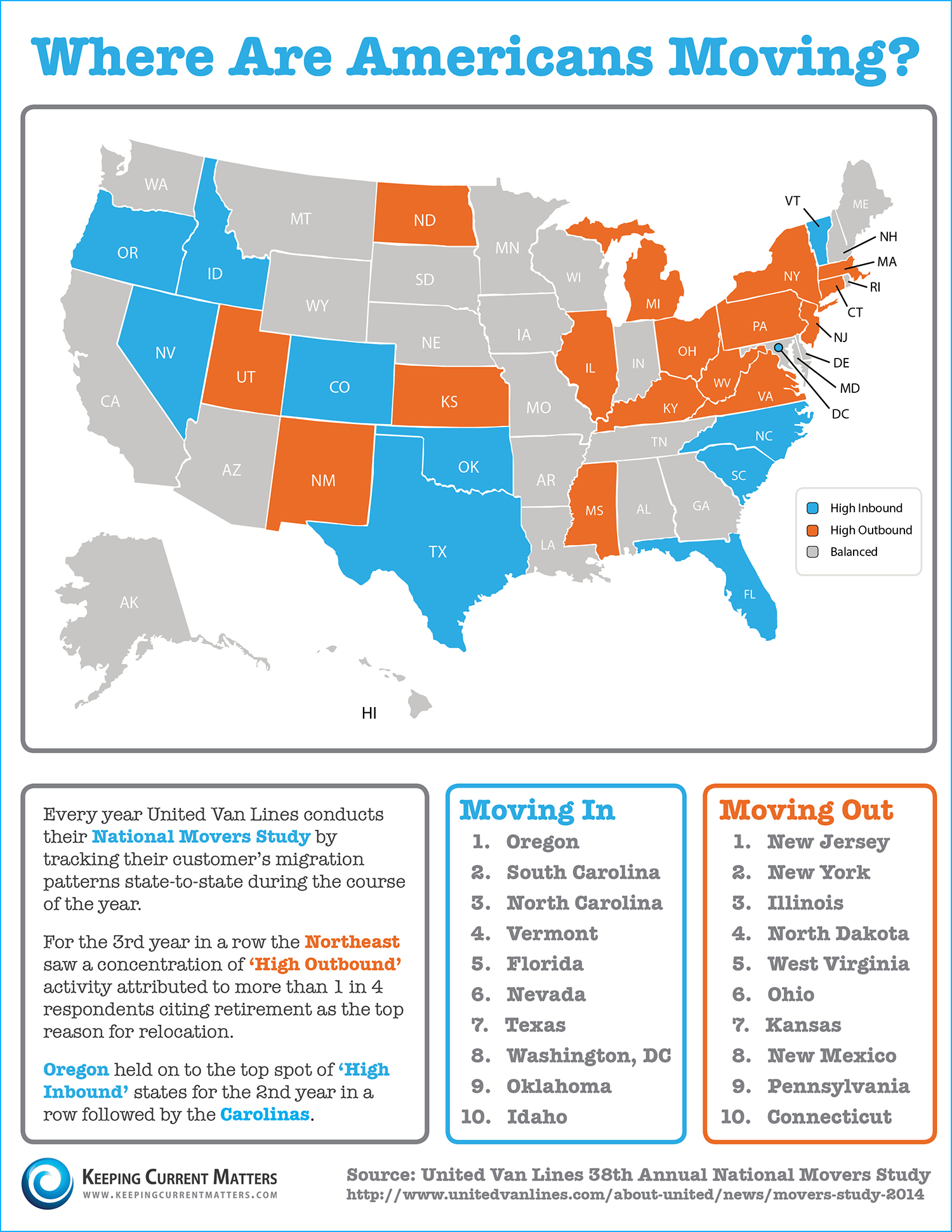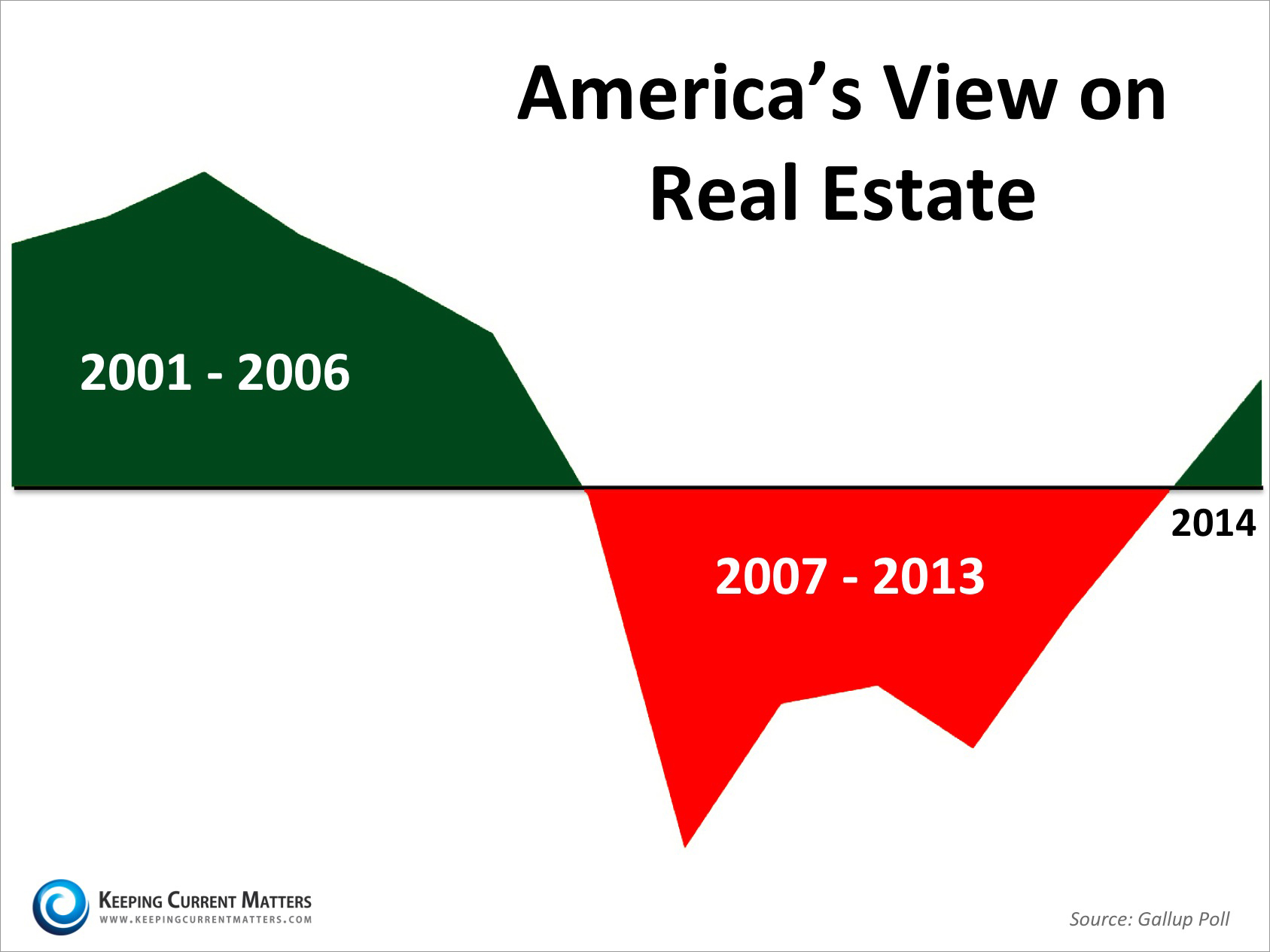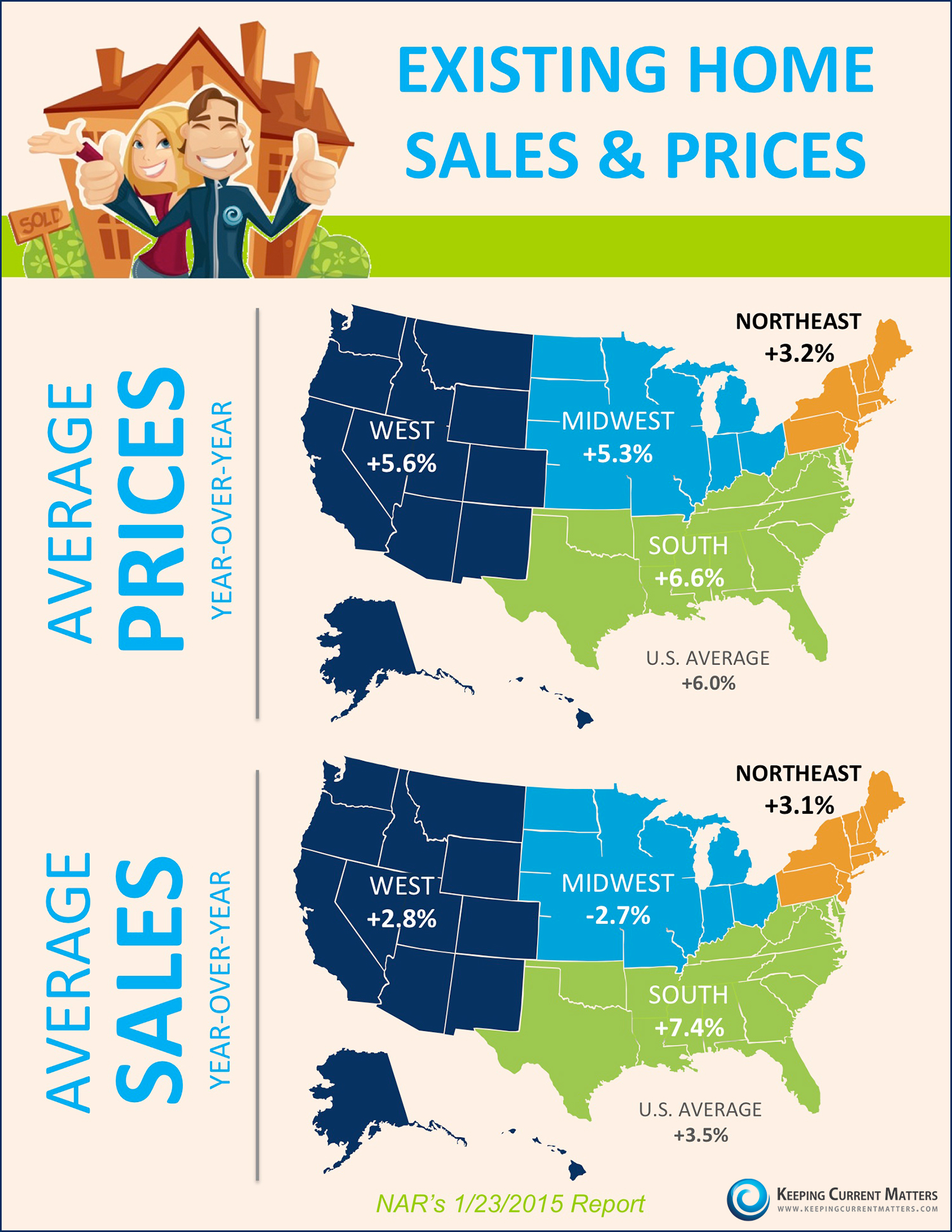Appraisals - every home is sold twice!
Appraisals & why we must sell every home twice!

Every house on the market has to be sold twice; once to a prospective buyer and then to the bank (through the bank’s appraisal). In a housing market where supply is very low and demand is very high, home values increase rapidly. One major challenge in such a market is that bank appraisal. If prices are jumping, it is difficult for appraisers to find adequate comparable sales (similar houses in the neighborhood that closed recently) to defend the price when doing the appraisal for the bank.
With escalating prices, the second sale might be even more difficult than the first. And now, there may be a second issue further complicating the appraisal issue.
The Mortgage News Daily (MND) recently published an article titled Conservative Appraisals Increasingly Mentioned in 2015; Did Something Change?
The article revealed that there was a “flurry” of comments on their website from members expressing concern about…
“…a sudden increase in appraisals reflecting market values well below what had been expected. In some cases the low appraisals had merely required the restructuring of the loan, in others they killed the deal.”
The National Association of Realtors revealed this month that 8% of the contracts that fell through over the last three months were terminated because of appraisal issues.
MND decided to survey their members and ask why this sudden increase in “short” appraisals could be taking place. Here is one result of that survey:
“Almost everyone we spoke to mentioned Fannie Mae's new Collateral Underwriter (CU).”
Collateral Underwriter provides a risk score on individual appraisals which will lead to a ranking of appraisals by risk profile, allowing lenders to identify appraisals with heightened risk of quality issues, overvaluation, and compliance violations. It went on-line on January 26.
Marianne Sullivan, senior vice president of single-family business capability with Fannie Mae believes that CU is not a problem for appraisers. She claimed:
“From an appraiser perspective, one of the lender's responsibilities has always been to review the quality of an appraiser, and they have been using various methods to do that forever. I don’t think appraisers will find this tool to be disruptive.”
However, some think that CU has caused appraisers to become too cautious with their appraised values. One mortgage professional in the MND article explained it this way:
"My personal opinion is that appraisers are being overly conservative in choosing comps because of CU. If CU questions the comps, adjustments, etc., the appraiser would have to do a lot of extra work to justify them. I had anticipated that CU would cause delays because of this extra work, but it seems that appraisers are one step ahead and are being ultra conservative, thus avoiding the extra work in the first place. I haven't spoken to an appraiser about it; this is just my interpretation of what I am seeing."
Ryan Lundquist, a Certified Residential Appraiser in the Sacramento area, agreed:
“One of the unintended consequences of CU may be more conservative appraisals.”
Bottom Line
We must realize that, in today’s housing market, every house must be sold twice and the second sale (to the bank’s appraiser) could be the more difficult one.














